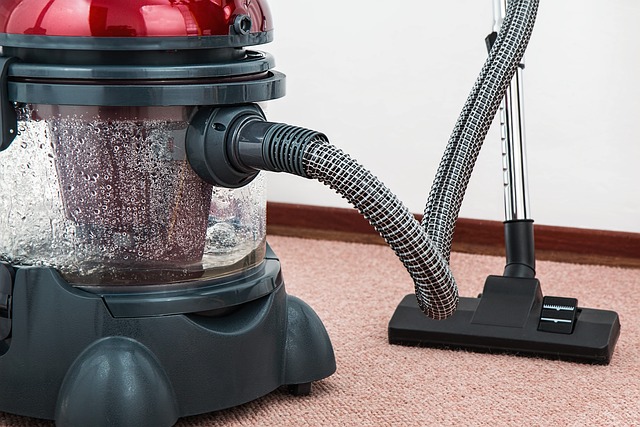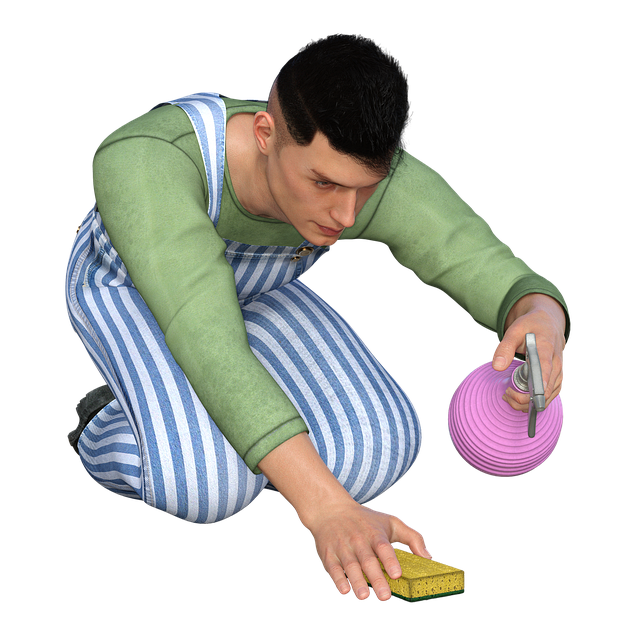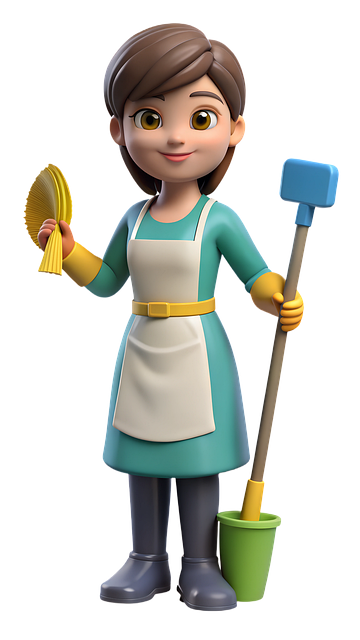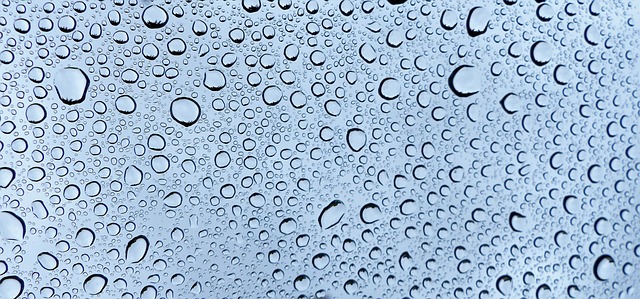Overusing chemical drain cleaners poses risks like pipe erosion and disruption of beneficial bacteria, leading to costly repairs and recurrent clogs. Opting for the best drain cleaners sparingly and only as needed is crucial for preserving plumbing health. Safer alternatives include natural solutions (baking soda and vinegar), boiling water, and drain covers, which are effective, environmentally friendly, cost-saving, and contribute to a healthier home environment. Regular maintenance involving plungers, eco-friendly cleaners, professional inspections, and mindful drainage practices prevents clogs and costly repairs, with the best drain cleaners on the market offering effective and safe solutions.
Overusing drain cleaners can seem like a quick fix, but it often leads to more expensive repairs down the line. This article explores the dangers of excessive chemical use in drains and offers insights into safer alternatives for homeowners. We delve into the impact of overuse, provide recommendations for the best drain cleaners, and share essential maintenance tips to prevent clogs and reduce repair costs. By adopting these strategies, you can keep your drains flowing smoothly without relying heavily on harsh chemicals.
- The Dangers of Overuse: Understanding the Impact on Drains
- Alternatives to Chemical Cleaners: Safer Options for Homeowners
- Maintenance Tips: Preventing Clogs and Reducing Repair Costs
The Dangers of Overuse: Understanding the Impact on Drains

Overusing drain cleaners can seem like a quick fix for clogs and buildup, but it comes with significant dangers. Many conventional chemical drain cleaners contain harsh acids or caustic substances that, while effective at clearing obstructions, can also damage the intricate plumbing network in your home over time. These powerful chemicals can erode pipes, particularly older ones made of metal or delicate materials, leading to costly repairs and replacements.
Moreover, overuse can disrupt the natural balance within drains. Beneficial bacteria play a crucial role in maintaining a healthy drainage system by breaking down organic matter. Harsh cleaners kill these beneficial bacteria, disrupting this delicate ecosystem. This can result in recurrent clogs and more frequent blockages, ultimately necessitating more extensive and expensive repairs than using the best drain cleaners sparingly and as needed.
Alternatives to Chemical Cleaners: Safer Options for Homeowners

Many homeowners reach for chemical drain cleaners as a quick fix for clogged drains, but these products can cause more harm than good in the long run. While they may provide temporary relief, overusing them can lead to damage and costly repairs. The harsh chemicals in these cleaners can erode pipes over time, especially in older homes with metal plumbing. This erosion weakens the overall integrity of your drain system, making it more susceptible to clogs and leaks.
Instead of relying on chemical cleaners, consider a range of safer alternatives that are both effective and environmentally friendly. Best drain cleaners include natural solutions like baking soda and vinegar, which can clear minor clogs without causing damage. Boiling water is another simple yet powerful tool. Pouring it down the drain regularly helps to break up grease and grime buildup. Additionally, using drain covers or catchers can prevent hair and other debris from entering the pipes in the first place, reducing the need for frequent cleaning. These safer methods not only save you money on repairs but also contribute to a healthier home environment.
Maintenance Tips: Preventing Clogs and Reducing Repair Costs

Regular maintenance is key to preventing drain clogs and costly repairs. Instead of relying solely on harsh chemical cleaners, consider implementing some simple yet effective strategies. Start by using a plunger for minor blockages; it’s an affordable tool that can clear most obstructions without damaging your pipes. Additionally, invest in a high-quality, eco-friendly drain cleaner that is gentle on pipes but powerful enough to tackle stubborn clogs.
On a broader scale, schedule regular cleaning sessions with a professional plumber who can inspect your drains and provide tailored advice. They might suggest using drain covers or traps to catch hair and other debris before they cause problems. Also, be mindful of what goes down the drain; avoid flushing non-biodegradable items and ensure proper disposal of grease and food scraps to keep your pipes in top condition and reduce the need for expensive repairs over time.
Overusing chemical drain cleaners can lead to costly repairs, as they damage pipes over time. Opting for safer alternatives and implementing regular maintenance practices is the best way to keep drains clear and reduce expenses. By choosing eco-friendly methods and being mindful of what goes down the drain, homeowners can avoid expensive clogs and pipe replacements, ensuring a more cost-effective and sustainable approach to drain care. Consider these tips and choose the best drain cleaners for your home to maintain a smooth and efficient plumbing system.
